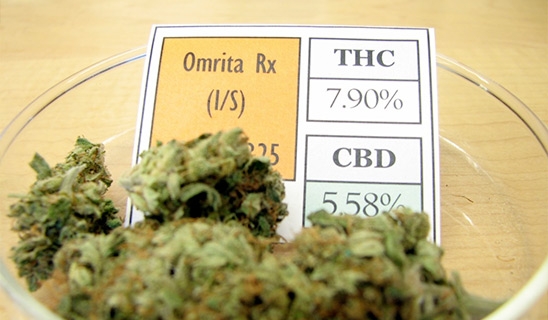


Medical Marijuana Treatment and Erectile Dysfunction
A new study suggests that marijuana may help prevent erectile dysfunction in individuals most at risk. One of the most common causes of erectile dysfunction is high cholesterol, which can clog blood vessels and weaken blood flow to the penis. Over time, it may also... read more
Cannabis-Based Nanoparticles and Heart Disease
Researchers at the Mount Sinai School of Medicine hope to one day treat heart disease with tiny capsules of marijuana chemicals. The work is being led by Dutch chemist and nanoparticle expert Willem Mulder, PhD, who has served as director of the Nanomedicine... read more
Modern Prohibition and Uruguay’s Marijuana Legalization
Uruguay has become the first country to legalize marijuana completely. We’re not just talking about “decriminalizing” it, or allowing recreational use while still prosecuting pot’s cultivation and selling. The government will still limit... read more
Bill Clinton Vegan
By the time he reached the White House, Bill Clinton’s appetite was legend. He loved hamburgers, steaks, chicken enchiladas, barbecue and french fries, and wasn’t picky. At one campaign stop in New Hampshire, he reportedly bought a dozen doughnuts and was... read more




